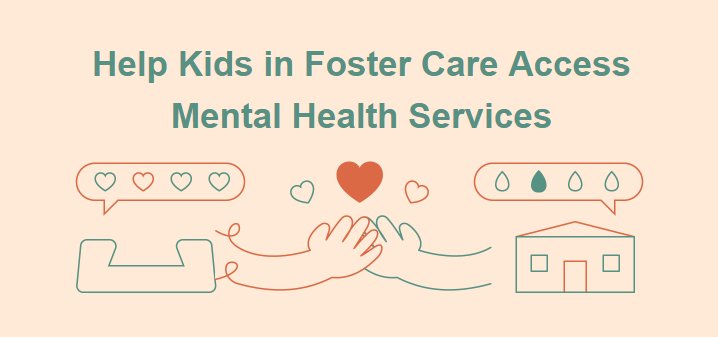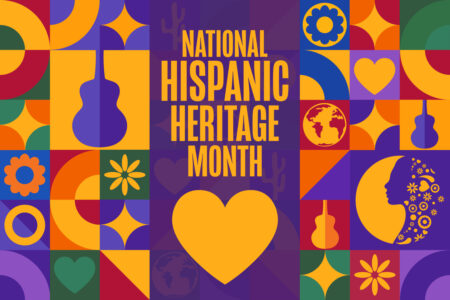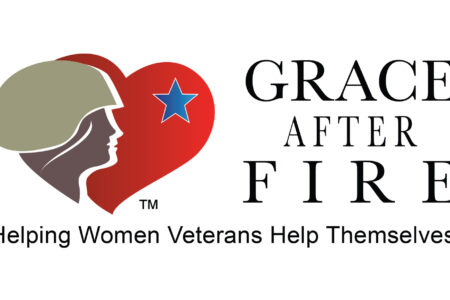
Share On Social!
Child advocates in California (61% Latino) are asking organizations to support the proposed Family Urgent Response System to provide foster youth and their caregivers with immediate help when they need it most.
The proposed system would support a new toll-free hotline to give kids in foster care and caregivers immediate help with mental health crises, and require counties to prepare mobile response teams to provide on-site assistance.
Your organization can join more than 75 others in signing a letter to support this proposal by April 3, 2018.
Family Urgent Response System

In February, 2018, Assembly Member Dr. Joaquin Arambula introduced the Family Urgent Response System bill (AB-2043) to the California Legislature to support foster youth and caregivers.
California Behavioral Health Directors Association (CBHDA), California Welfare Directors Association (CWDA), and Children Now sponsored the bill.
The Family Urgent Response System would:
- Establish a statewide toll-free hotline available 24 hours a day and 7 days a week to caregivers and children and youth in the foster care system who are experiencing emotional, behavioral or other difficulties and need immediate help. The statewide hotline would be staffed with operators trained in conflict resolution and de-escalation who will provide immediate assistance over the phone to help defuse the conflict or crisis, and will triage the situation to determine whether mobile, in-home support is needed.
- Require counties’ child welfare and behavioral health agencies to establish mobile response teams to provide face-to-face, in-home response on a 24/7 basis to help defuse and stabilize a situation, assess the caregiver’s and child’s needs, and develop a plan of action. Counties would be expected to provide the family with needed ongoing services through the existing local network of care service systems.
Access to immediate intervention services, through telephone support and in-person mobile response, will help Latino and all children and their caregivers develop strong and healthy relationships, even in challenging situations.
Why Is This Important?
Latino and all children in the foster care system experience significant trauma from the abuse and neglect which brought them to the attention of the child welfare system.
Trauma affects children’s brains, bodies, and behavior. Yet, caregivers of foster children are often left alone to navigate children’s behavioral, emotional, and social difficulties. Caregivers can feel helpless and unable to manage critical situations, leading them to give up or believe their only option is calling police to help them manage trauma-induce behaviors.
When law enforcement is brought into a non-life-threatening situation with a foster child, the caregivers and the already traumatized children are likely to see the crisis escalate rather than stabilize, particularly for minority children.
“Fraught relationships” impact the mental, emotional, and behavioral health of both law enforcement and minorities like Latinos—leading to the inappropriate criminalization of the foster child that will have lifelong impacts.
Caregivers and the children in their homes need real-time assistance during moments of crisis and uncertainty.
That’s why California Behavioral Health Directors Association (CBHDA), California Welfare Directors Association (CWDA), and Children Now sponsored a bill to support foster youth and caregivers.
How Your Group Can Take Action
Children Now, CBHDA, and CWDA are asking organizations to sign a letter to the Governor, Legislative Leadership and Budget Conferees supporting the Family Urgent Response System.
You can join more than 75 organizations who have signed this letter and add your organization by April 3.
Individuals, follow Children Now for an upcoming opportunity to submit a similar letter of support.
Learn more, too, about Latino early childhood development and other actions you can take:
By The Numbers
28
percent
of Latino kids suffer four or more adverse childhood experiences (ACES).



